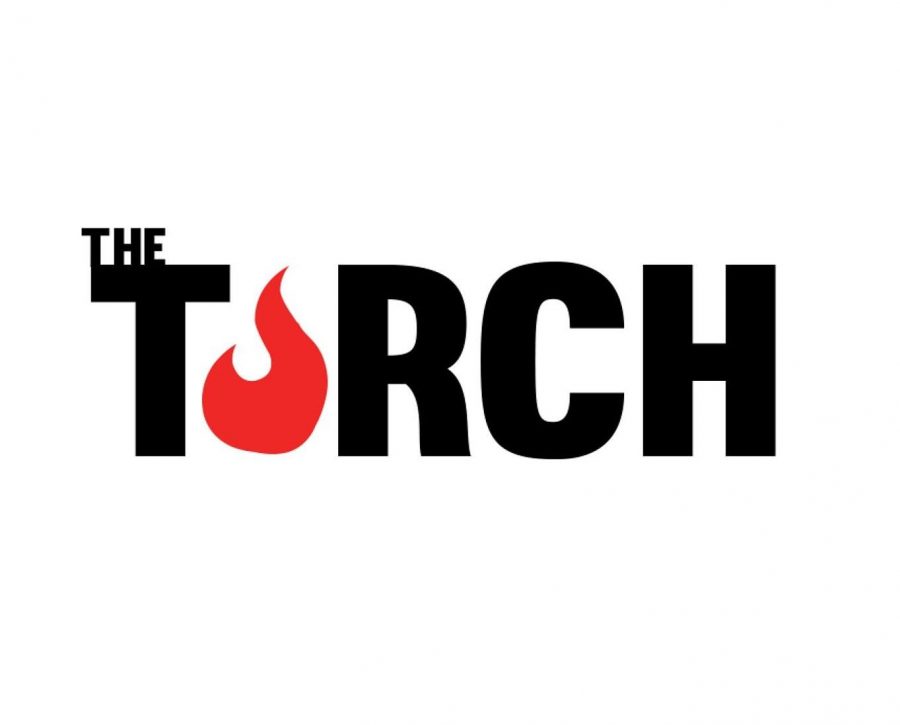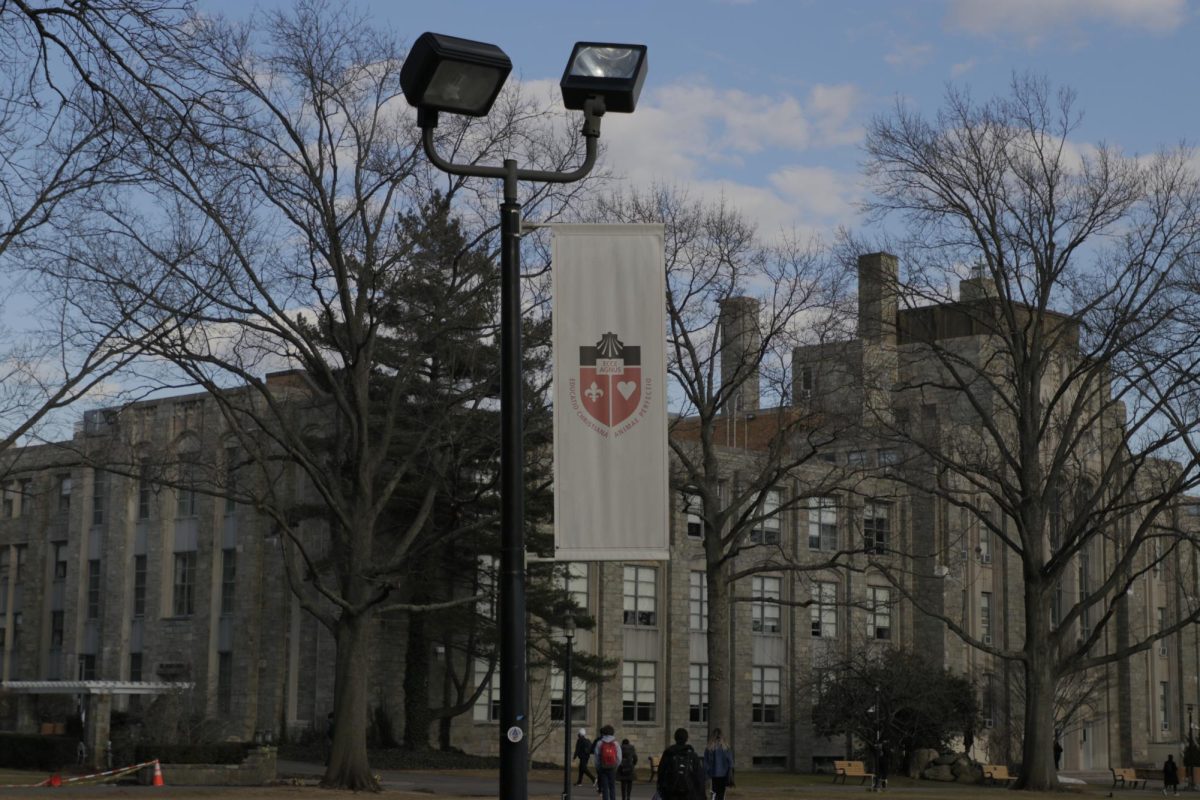On Thursday, as we were wrapping up class, I asked my professor what his thoughts are on the trafficking of human beings in Libya. To my disappointment, the professor responded that he can not comment because he was not aware of the situation.
I looked around the room to see if anyone else was shocked or ready to explain what was happening in Libya, and no one said a thing.
In fact, no one showed any interest in that I just said that there is slavery occurring in Libya, where humans are being sold for as little as $400. Everyone rushed in their usual routine, packed their books and left. My heart bled in silence.
I have been following the brutal treatment of African migrants in Libya for at least two years now. I first started paying attention to the issue after reading a Human Rights Watch article, written by Jaime YaYa Barry, that stated that most of the migrants were from Gambia and Senegal.
The article featured the story of a young female soccer player who left for the “backway” journey, and was never heard from again Her family believes that she died on the journey.
Most of the young individuals that embark on the journey plan in secret and hide their plans from their families until they leave.
Thousands of Sub-Saharan African youth go on the risky journey in hopes of getting to Europe by sea from the coast of Libya and other North African countries, such as Morocco.
Most are never heard from again. Families automatically assume that the person has died at sea if they do not hear from them; however, a new video posted on CNN brought to light one of the most disgusting and atrocious acts of humans against other human beings: human trafficking.
African migrants that were unable to pay for the rest of their trip to Europe were chained from their hands to their legs, put in cages, starved, whooped and auctioned off as “merchandise” to buyers.
As students, we study history, its impact on the present and how to stop the mistakes from repeating. Since middle school, we’ve learned about slavery, how brutal it was and how unjust it still is.
We’ve learned about genocides such as the mass ethnic cleansing of Jews in Germany, the Rwandan genocide, the horrendous bombings of the blacks in South Sudan and more. We are told that we learn history to prevent it from happening again because it is proven that history repeats itself.
So I can not stress enough how urgent and significant it is for St. John’s students to be aware of the modern day slavery occurring in Libya.
As a university built on acceptance of all students, and a university that constantly speaks out whenever it sees unjust and inhumane actions that isolates and demonizes the minority, it is unacceptable that some of the students and faculty are unaware of the crisis occurring around the world.
When we learned about slavery in the past, we got angry, we wondered why it went on for so long and how could the world have watched that happen.
Some of us created scenarios of how we would react if we were there. Now is the time for us to take those actions. Now is the time for us to become the change we want and now is the time for us to bring out those angers and show the evildoers that there is no place for slavery in our world.
We are going to be the leaders of tomorrow, but we must start taking action on issues now even if they do not directly harm us. As an institution that constantly preaches about the Vincentian mission, St. John’s should make sure that its students are educated on human rights issues around the globe because only then can students be able to understand the value of giving back and the importance of treating every human as an equal, despite their skin color, religion, sexuality or economic status.
The university promotes global studies, our students travel around the world to learn about issues, and work with the vulnerable, therefore it breaks my heart when such a huge crisis that is against everything we stand for as an institution is occurring and most of the student body and staff are not aware of it.
I am begging every student, staff and faculty member to take action in any way possible to raise awareness about the issue.
We can take action such as sharing pictures and articles about it, teaching people about it and why it is wrong.
Even donating to organizations that are working to rescue them, tweeting and emailing non-governmental organizations and the leaders of the world would be helpful.
Do not stop posting and tweeting just because it stopped trending. The suffering, torture and enslavement of these human beings continues even after the stories stop trending.
Editor’s note: The writer of the article Marenah mentioned in this story was printed incorrectly on the April 25 issue. The Human Rights Watch article was Jaime YaYa Barry not Jim Wormington.









Jeremy V. Cruz • May 1, 2018 at 7:02 pm
Ms. Marenah,
Thank you for taking time to pen this urgent call to action. I hear you and will create more space for learning and disruptive action within my courses. Last semester, a few students in my social justice seminar engaged in small actions in response to this systemic violence. I appreciate you calling us to reflect on our priorities and stay focused.
In solidarity,
Prof. Jeremy V. Cruz